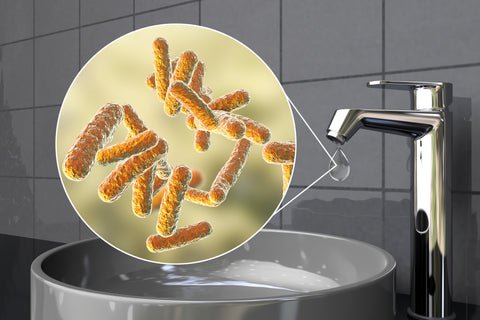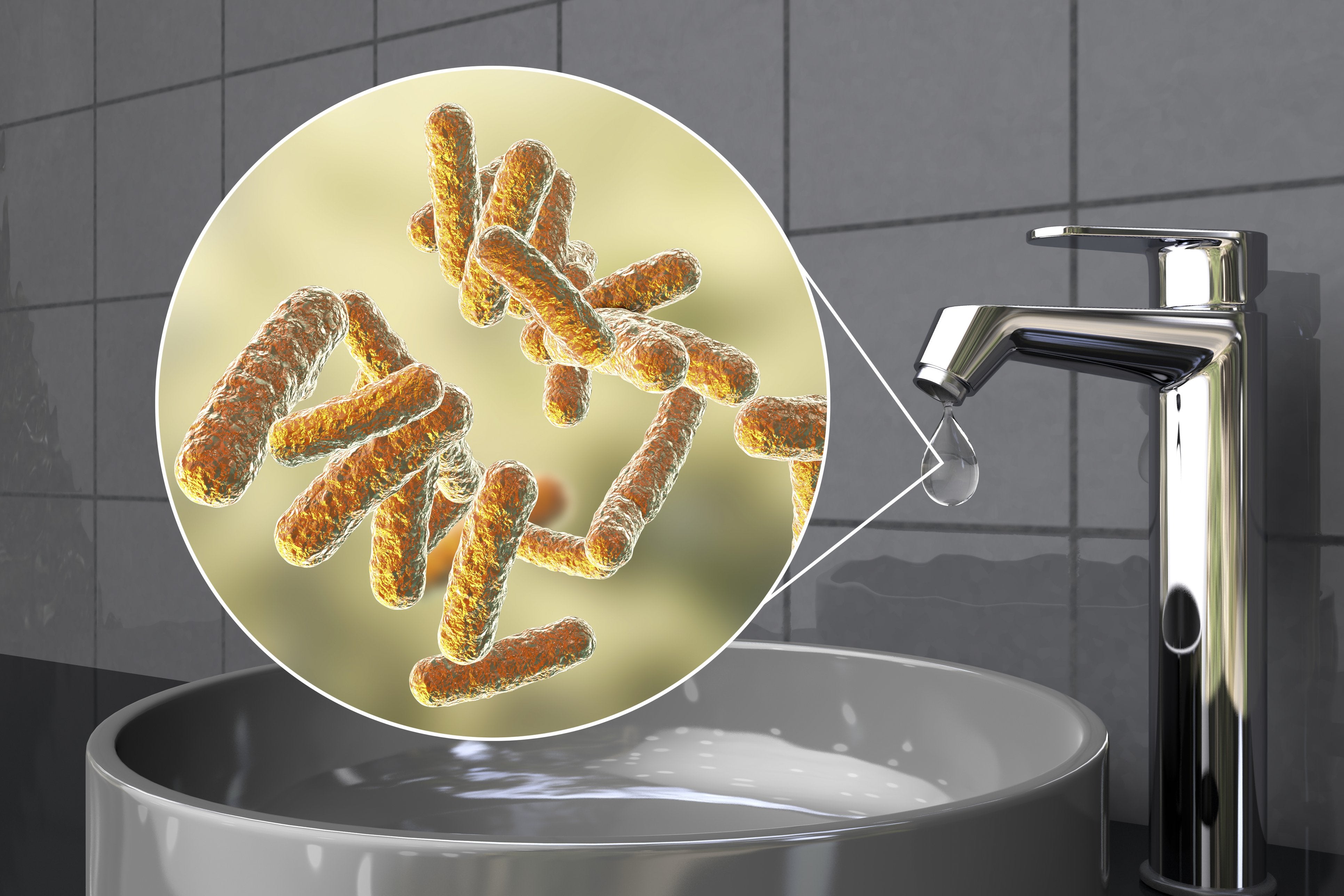
The title of this article is Treating E Coli in Municipal Drinking Water, but it could also be titled: Why is there Chlorine in My Drinking Water? To address one of the above issues, we must also address the other.
Municipal water treatment plants are required by the Safe Drinking Water Act to provide water that has been disinfected both at the plant as well as along the delivery lines (water pipes). The disinfection process can be accomplished in some ways including the use of chlorine, ozone, or ultra-violet light. For many water treatment plants, chlorine is the preferred manner of disinfection.
Chlorine is very effective in killing E Coli, which is good. E Coli can cause massive outbreaks of illness in very short amounts of time. What many people do not realize is that E Coli is often found in surface water sources. Lakes, rivers, and streams often contain various strains of this bacterium, and unless it is effectively removed, people will get sick if they ingest contaminated water.
As mentioned above, water is often injected with chlorine gas as it enters the water treatment plant. The water moves through the treatment process and ultimately ends up in a storage tank from which it flows through pipes to homes. Several factors will work against the chlorine, thus reducing the amount of chlorine in the water. For this reason, post-chlorine is added to the water after it has left the treatment plant. Water that has zero chlorine in it is susceptible to various forms of contaminants, including E Coli. In this regard, it is actually a good thing for your tap water to have at least the minimum amount of post-chlorine in it as it flows into your home. This protects you and your family from many waterborne diseases.
It should be noted that some water filters alone cannot remove E Coli from the water. But they can be used to remove residual chlorine from your water before you drink it. To recap, you want a certain amount of chlorine in your water as it travels to your home to kill dangerous bacteria. But you also want to remove that chlorine once it gets to your home to avoid the harmful effects that chlorine, chlorine by-products and VOC's (Volatile Organic Compounds) may have on your overall health.
The answer is a high-quality water filter that is approved for chlorine removal. You can find a variety of water filters that can perform this task for you. Some are inexpensive countertop water filter models, and Undersink water filters. You can find both points of use water filters and point of entry water filters. The best way to decide which type of water filter best suits your needs and budget is to contact a reliable, experience filter vendor. A short discussion with an expert will get you on the right track with the right filter for your home or office.


Share:
Is Municipal Water Safe to Drink?
Water Filters for Preparing Safe Formula for Infants